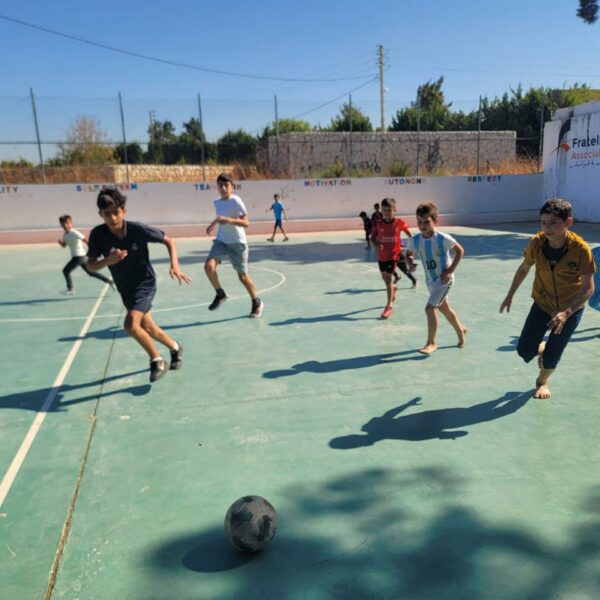The deadline for Zambia’s Universal Periodic Review is approaching. FMSI participated in the preparation of the Civil Society report on the situation of children’s rights in the Country together with IIMA (International Institute Maria Ausiliatrice) of the Salesian Sisters of Don Bosco, VIDES International (Volontariato Internazionale Donna Educazione Sviluppo) which will be presented in this month of July.
The report highlights the Zambian government’s efforts to ensure education for all, policies for the protection of children, especially those who are most vulnerable, and reforms for juvenile justice, but at the same time points out that unresolved problems such as access to education for children and youth living in rural areas, lack of teachers, prevalence of child labor, school dropouts, and early marriages. Specifically, it is recommended that Zambia increase budget allocations to ensure the quality of education, prioritizing school infrastructure; recruitment, training, and salary adjustment for teachers; provision of textbooks and teaching materials; while increasing efforts to address the root causes of early marriages by aiming to keep girls in school.
It is also recommended that specific measures be taken to combat the multiple challenges of education for children living in rural areas; develop poverty alleviation programs aimed at supporting families whose children school drop-out; and strengthen and consolidate social protection structures directed at adolescents to facilitate their safe and productive transition to adulthood.
The UPR is carried out through monitoring the Human Rights situation in all 193 member states of the United Nations. During the Review, each State is required to report to the others on the actions taken, based on the recommendations received in the previous Review, to improve the Human Rights situation in its country.
Civil society, and in particular NGOs with Consultative Status such as FMSI, may participate in this process by preparing their own report on the human rights situation in the country under review, emphasising problems, and providing recommendations that can be presented by the other States. This opportunity to bring to the public situations that would otherwise have no place in the media communication and to monitor the implementation of states’ commitment to the promotion of Human Rights is a very important tool in building what is called the “United Nations of the people.” Part of FMSI’s work is to encourage the involvement of Schools in the process, fostering the education of the new generations to become active citizens. Protagonists in the report elaboration are the local organizations, in this case the Marist Brothers and the Salesian Sisters of Zambia. However, there is still poor knowledge of the UPR at local level, along with the difficulty to find local data number and have resources. Greater participation of local universities would play an important role in overcoming these limitations. However, it is necessary to emphasize that in making the recommendations, the root causes that in part undermine the internal situations of the States cannot be ignored, such as, for example: an unfair multilateral trade system, an international division of labor that obligates the countries to become only producers of raw materials and ensures the national food security by importing food from outside, and the payment of international debt increasingly in the hands of private investors that obstacle in the implementation of social policies to promote the human rights for all.



